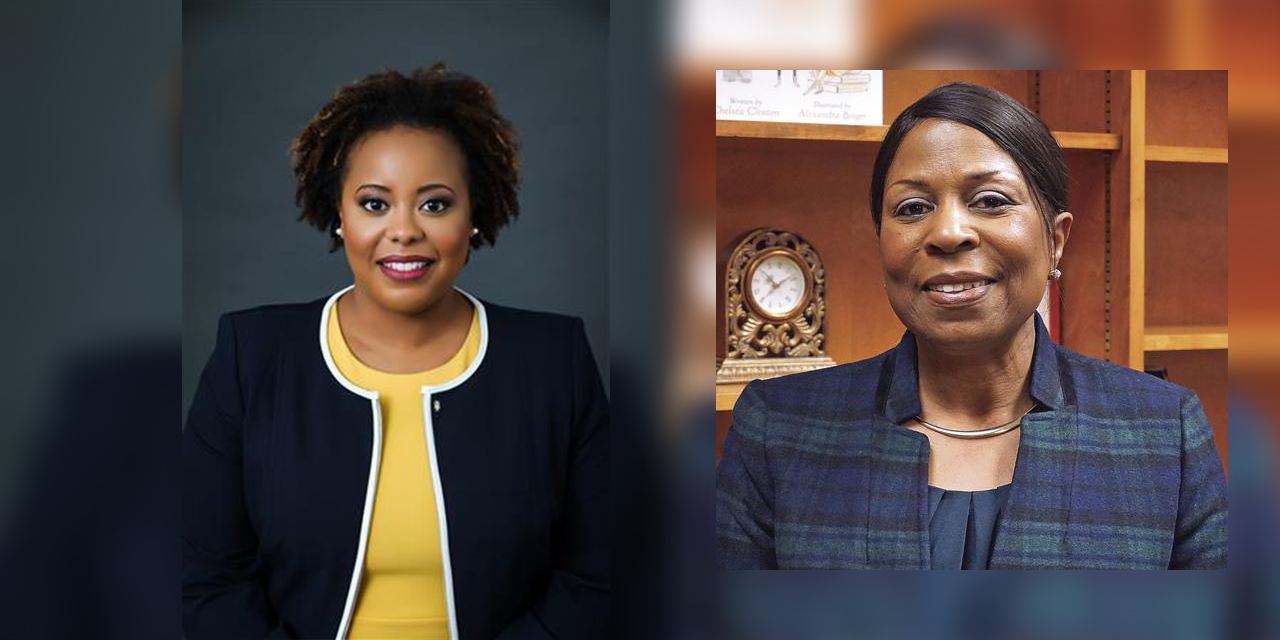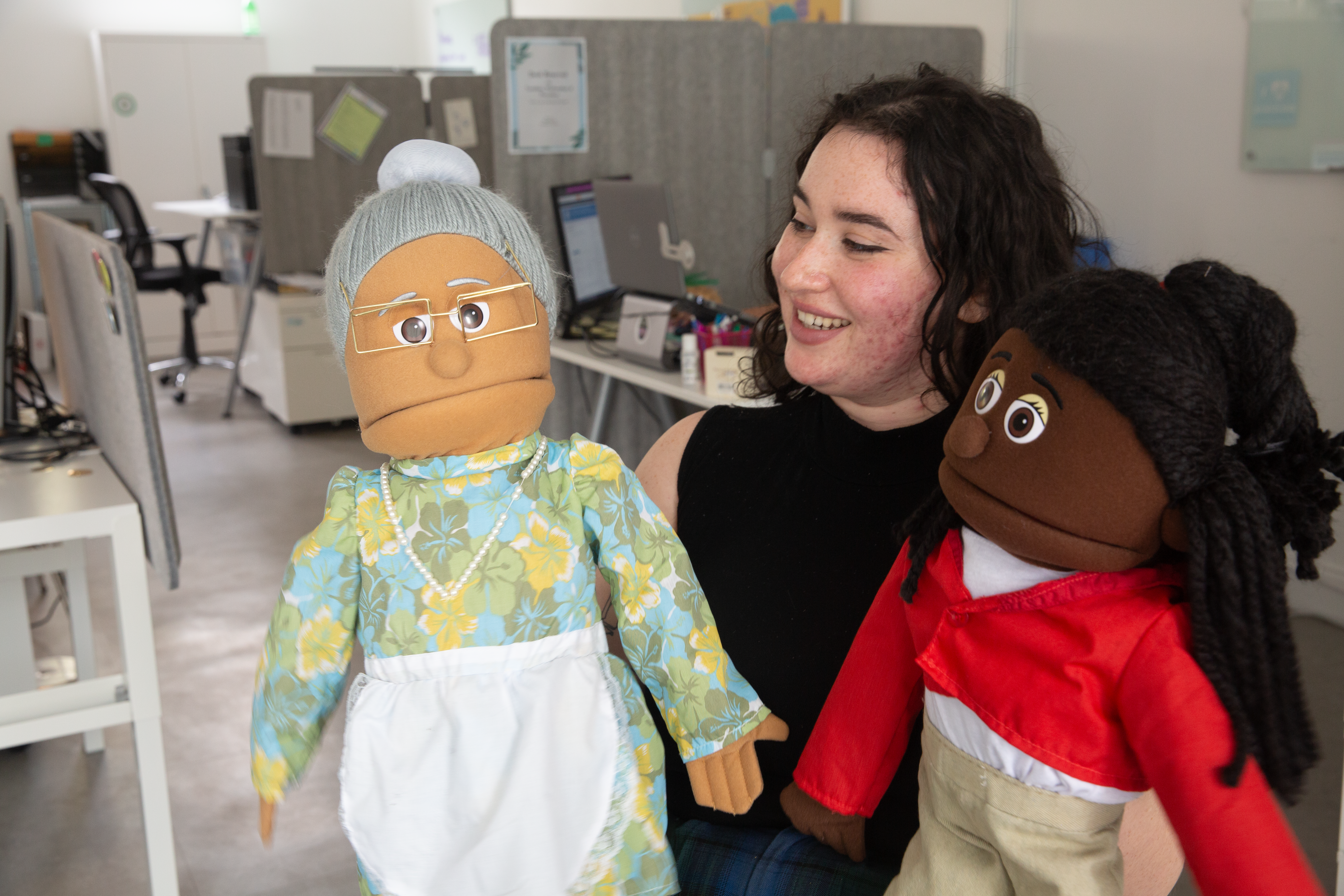CHAPEL HILL – Preparing for the 2012-2013 school year, Chapel Hill-Carrboro City School Board Superintendent Tom Forcella and the school board made a heavily-contested decision to transfer two teachers from school at which they had taught for many years. He says it’s a decision he learned from, but was one not many districts experience.
“It’s very unusual that a reassignment’s challenged,” Dr. Forcella says. “In other places in the country, this would just be so far from the norm. You work for a school system, and that doesn’t entitle you to choose where you’re going to work within that system like any organization. Decisions often need to be made, and it won’t be the last one.”
That’s not the only relocating the CHCCS system discussed this year. Michelle Brownstein is the chair of the school board. She says it was a good thing that the discussion about shifting students away from a school that was all they knew didn’t happen during an election year because it was a conversation that needed experience behind it and the ability to soften the blow of passionate confrontation.
“Everybody loves their schools, and we are very fortunate in that way,” Brownstein says. “No one wants to leave the school their in, even when they’re in a school that is so overcrowded that they know that their children are suffering from that when they 30, 31 children in the classroom.”
Since the shift from Democratic to Republican control in the North Carolina General Assembly—and even more recently—Orange County citizens along with other more liberal parts of the state have questioned the motive of the Legislature in proposing recent bills. Ones that effect the school systems involve issues such as mandatory cursive training and the reevaluation of tenure procedures.
The Chapel Hill-Carrboro schools don’t teach cursive. With computers being so prominent, the art of cursive has become lost. Forcella and Brownstein say it’s a matter of balancing the available time in the classroom with what is most important in the curriculum for preparing the students for future learning and eventually the world outside of learning.
Orange County Schools Superintendent Patrick Rhodes says he and the Orange school board looks at it a different way.
“We still teach cursive writing and instruction, and we think it’s important for students to be able to read cursive writing,” Rhodes says. “I’m very concerned about legislation which might potentially further reduce the funding available to our schools. For example, up until now there’s not been a virtual charter school established in North Carolina.
He says, while a legitimate option for some homeschooled students, it would take funding away from the schools within the district it’s built.
Bills that would mandate legible cursive writing and the memorization of multiplication tables passed the senate on Thursday (April 25) with strong likelihood of becoming law. While cursive is a separate discussion, Carrboro High School principal LaVerne Mattocks says multiplication is about more than just the math.
“Part of learning the multiplication tables is to give students the sense of the number,” Mattocks says. “Often times when students get to be and they’re struggling with mathematics, when we have this specialist talk to us about it, it is because you could probably trace it back to second and third grade where they never really got the sense of the number and how different pieces of things fit together.”
Casey Saussy is the parent of two students of Glenwood Elementary, one is in the school’s Dual-Language Mandarin program. She says it’s great to know that so many people like board members, superintendents, teachers, and administrators are fighting for what’s best for her children.
“One of my concerns is that I am raising my kinds in a pressure cooker,” Saussy says. “How do you have them be just kids? How do you let them be outside long enough to have the imagination, the curiosity, and the creativity that they’re going to need to be good, well-adjusted adults one day, in addition to being really smart and academically advanced.”
These comments and many more were made during the Education panel of the 2013 WCHL Chapel Hill – Carrboro – Orange County Community Forum. You can hear the ten-hour forum in its entirety by clicking here.






Comments on Chapelboro are moderated according to our Community Guidelines